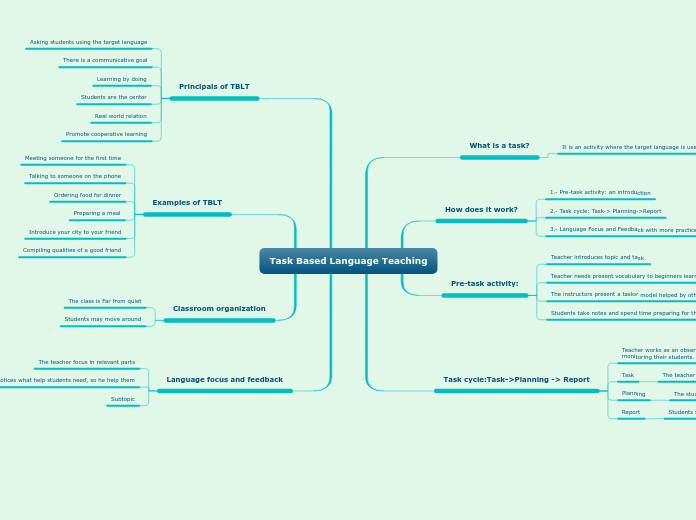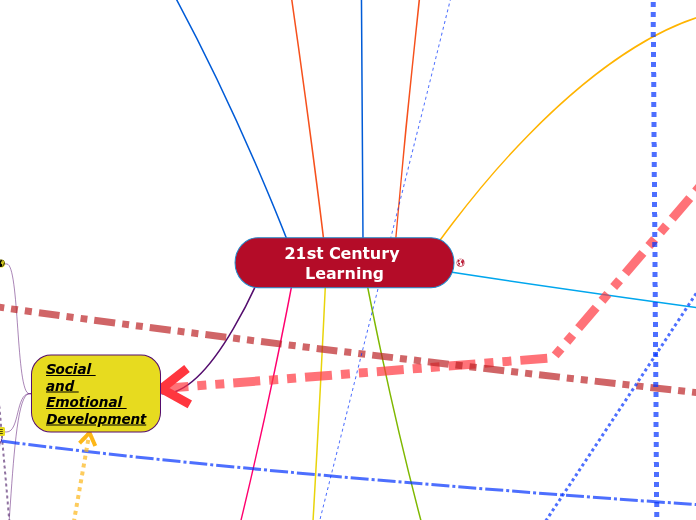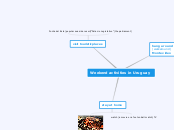CXM in Startups
4 Steps
Make Sure Decision Makers are Involved
-
Understand Customer Needs
Encourage Positive Experiences
Startups Fail a Lot
Focus should be on Customers
We focused only on building, and were terrified of one thing in particular — negative feedback. We were terrified of failure and rejection.
A founder gets an idea >> builds the solution >>tries to sell it >> nobody buys the solution >> the founder runs out of money >> the startup dies.
CX is your most important Battle Ground
Startups have to scale CX, NOT THE PRODUCT!
Decision Makers are removed from customers as they grow!
31% of customers are surveyed once a year or less!
72% of customers expect companies to know their unique needs and expectations
Startups do not have the luxury of time to get it right with their customers. Customers will leave!
Importance of CX
New Startups have a very challenging task ahead of them. You are launching new products, to a new market, to new customers. You have to market your product, increase awareness, make sure the customer realizes the value of your product and makes a conscious decision to spend money on your product. These steps, on their own, seem exceedingly challenging, imagine trying to achieve all of them at once. The survival of the startup is dependent on achieving them.
In such extreme scenarios, CX becomes a very important tool to make sure your startup succeeds.
Your CX also relates to funding!
Happy Customers Refer New Customers
Retention is Key for Startups
Acquiring customers can cost 5 times as much as retaining current customers
Decrease of 5% in customer defection rate can increase profitability by 25% to 125%
2% increase in customer retention is equivalent to 10% decrease in costs
68% Customers leave because they perceive you are indifferent









